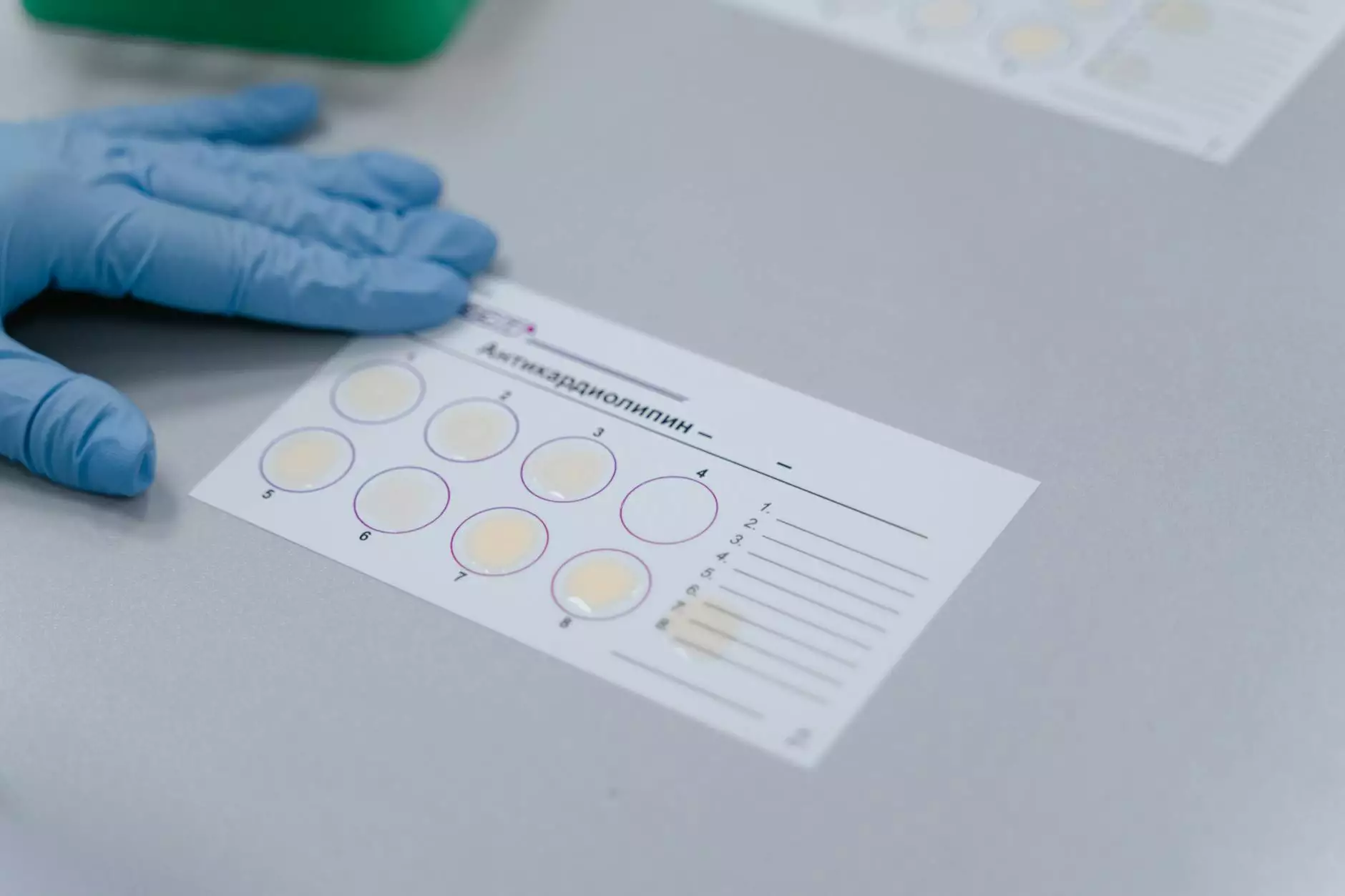Learn Medical Billing: A Comprehensive Guide for Success in the Healthcare Industry

In today's rapidly evolving healthcare industry, medical billing stands out as a crucial component that helps medical professionals focus on patient care while ensuring that financial transactions proceed smoothly. Understanding how to learn medical billing can open up numerous career opportunities that are rewarding both professionally and financially.
What is Medical Billing?
Medical billing refers to the process of submitting and following up on claims with health insurance companies to receive payment for services rendered by healthcare providers. This vital aspect of the healthcare system serves as the bridge between patients, providers, and payers.
Importance of Medical Billing
- Financial Accuracy: Accurate medical billing ensures that healthcare providers are compensated correctly for their services, maintaining their financial health.
- Patient Satisfaction: Smooth billing processes help improve patient experiences, allowing them to focus more on their health rather than the complexities of financial transactions.
- Compliance with Regulations: Understanding the regulations governing medical billing helps prevent potential legal issues and ensures that claims adhere to law standards.
Steps to Learn Medical Billing
Venturing into the realm of medical billing requires dedication and a clear understanding of the steps involved. Here, we outline a comprehensive guide to learn medical billing successfully:
- Understand the Basics: Familiarize yourself with medical terminology, billing codes (CPT, HCPCS, and ICD-10), and the healthcare revenue cycle.
- Get Educated: Consider enrolling in a medical billing course. Many institutions offer online and in-person classes ranging from certificate programs to associate degrees.
- Gain Practical Experience: Seek internships or volunteer positions at healthcare facilities to get hands-on experience in the field of medical billing.
- Obtain Certifications: Certification from recognized organizations such as the American Academy of Professional Coders (AAPC) can enhance your credibility and job prospects.
- Stay Updated: The healthcare industry is dynamic; thus, continuous education is vital. Stay informed about changes in billing codes, regulations, and technology.
Key Skills Needed for Medical Billing
To excel in medical billing, a specific set of skills can be beneficial:
- Attention to Detail: Precision is paramount in billing, as even minor errors can lead to significant financial implications.
- Analytical Thinking: The ability to analyze billing information and insurance policies helps resolve discrepancies and challenges.
- Communication Skills: Clear communication with healthcare providers, insurance companies, and patients is essential to ensure smooth operations.
- Technical Proficiency: Familiarity with various billing software and electronic health record systems is crucial in today's tech-driven world.
Choosing the Right Medical Billing Course
When looking to learn medical billing, selecting the right educational program is critical. Here’s what to consider:
- Accreditation: Ensure the program is accredited by a recognized body and prepares you for certification.
- Curriculum: Look for courses that offer comprehensive content including coding, regulations, and billing procedures.
- Format: Choose between online or in-person classes based on your learning style and schedule flexibility.
- Cost: Evaluate your budget and consider financial aid options if necessary.
Resources for Learning Medical Billing
Utilizing the right resources can significantly enhance your learning experience. Here are some recommended resources:
- Textbooks: Look for books specifically about medical billing and coding that provide in-depth explanations and examples.
- Online Courses: Platforms like Coursera, Udemy, and Khan Academy offer courses focused on medical billing.
- Professional Associations: Organizations like the AAPC provide resources, networking opportunities, and continuing education.
- Webinars and Workshops: Participate in industry webinars to stay updated on best practices and new regulations.
Career Opportunities in Medical Billing
With a qualification in medical billing, many career paths become available. Some options include:
- Medical Billing Specialist: Handle billing information and interact with patients and insurance providers.
- Medical Coder: Translate healthcare services into standardized codes for billing.
- Biller-Coder Combination: In smaller practices, professionals may perform both billing and coding tasks.
- Compliance Auditor: Ensure billing practices comply with regulations and auditing codes.
Challenges in Medical Billing
While there are many opportunities in medical billing, it comes with its challenges:
- Complex Regulations: Keeping up with ever-changing healthcare laws and insurance requirements can be daunting.
- High Competition: As more people enter the field, standing out can be a challenge without proper credentials and experience.
- Billing Errors: Mistakes can result in claim denials which necessitate time-consuming appeals.
Conclusion
In summary, learning medical billing is a critical step for anyone looking to thrive in the healthcare industry. By following a structured approach to education, gaining practical experience, and developing key skills, you can position yourself for success in this growing field. Moreover, staying informed and connected with professional networks will continue to benefit your career. Explore the opportunities and ensure that your knowledge and skills are top-notch to make a significant impact on healthcare finance and operations.
Visit medesunglobal.com for more resources and guidance in your journey to learn medical billing.









